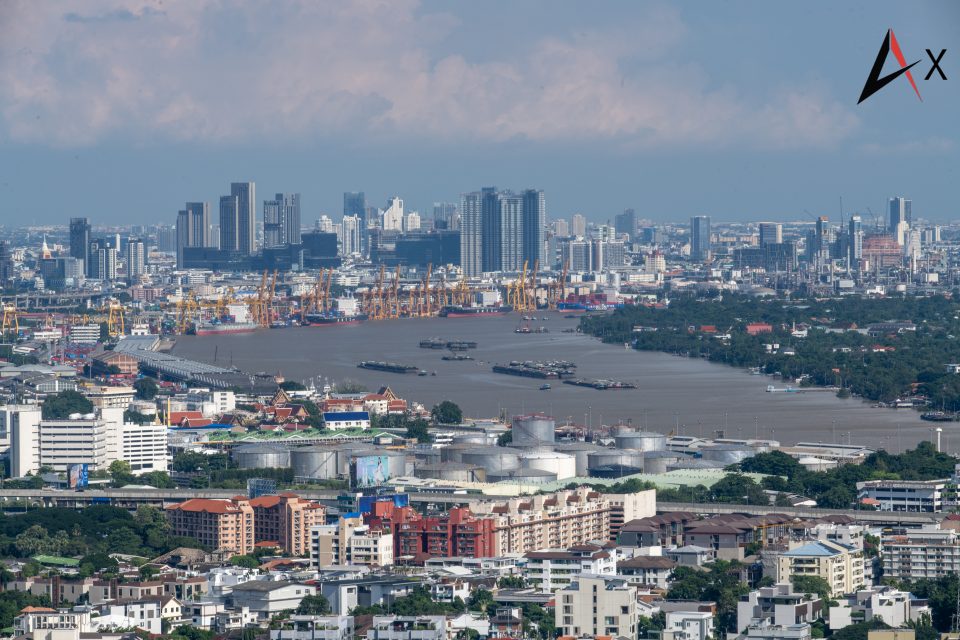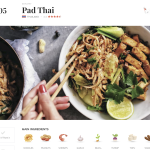State-owned financial institutions are being called upon to accelerate the implementation of measures aimed at supporting export businesses and the supply chain.
During a policy briefing to representatives of state-owned financial institutions on Thursday, Finance Minister Pichai Chunhavajira highlighted the impact of US reciprocal tariffs, stating that they could hinder domestic businesses, especially export-oriented firms and those involved in export activities, for approximately two years.
He emphasized the need for these financial institutions to expedite assistance programs, particularly for exporters shipping to the US.
Mr. Pichai also urged state financial institutions to help Thai businesses compete against imports from China. Additionally, he called on state banks to introduce support measures for the real estate sector, focusing on post-financing loans, and for tourism operators, especially small and medium-sized enterprises.
“I believe the effects of reciprocal tariffs will not be more severe for Thailand than for other nations, and with proper management, we can benefit in the long run,” he stated.
He further stressed the importance of measures to address household debt, noting that while household debt currently stands at 86% of GDP—down from 91% earlier this year—the total amount of debt has not decreased. Instead, the reduction in debt proportion is due to economic growth.
Mr. Pichai mentioned that one approach to tackling household debt is to stimulate economic growth. Regarding non-performing loans (NPLs), household debt totals 122 billion baht, impacting 5.4 million debtors, with 3 million owing less than 100,000 baht.
He pointed out that NPLs from state-owned banks account for only 10% of the total household NPLs. The Government Savings Bank (GSB) has successfully addressed NPLs for 500,000 accounts under 100,000 baht and plans to resolve an additional 400,000 accounts within three months. Similarly, the Bank for Agriculture and Agricultural Cooperatives has resolved 200,000 accounts and aims to resolve another 70,000.
Mr. Pichai noted that earlier, financial institutions were hesitant to extend loans due to lack of confidence. However, he assured that state-owned banks are now capable of expanding their lending activities.
Furthermore, he announced that GSB will provide a soft loan of 100 billion baht to other financial institutions at an almost zero interest rate of 0.01% to support exporters impacted by US tariffs.
Exim Bank plans to reduce interest rates for exporters by 20%, covering this cost itself. However, if the financial burden proves too significant, the Finance Ministry might propose a subsidy to the cabinet.
These proposed measures are to be presented to the economic stimulus committee, scheduled to meet on Monday.





